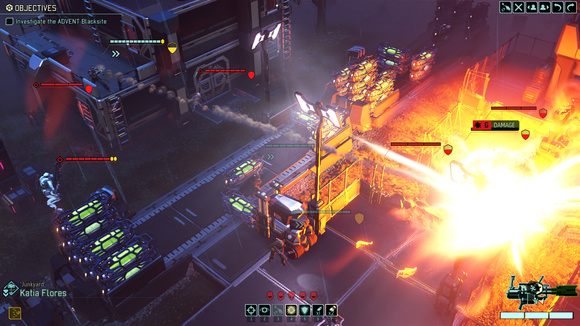Yeah, I’m definitely not explaining my point well since you are agreeing with the point I’m trying to make (in a way) , not disagreeing 
Hmmm, how should I explain this from my point of view.
Essentialy, I think (and that just my opinion here) If you take the grabbag of skills you guys have as seniors, I can confidently say I can do some of that, but I’m very unsure about most others. And I feel like that is the case for most people like me who aren’t very experienced.
So my expectation (so from my point of view what do I think my senior should do) would be that you guys (as seniors) have confidence where I don’t.
And you both are kinda proving my point here, you are providing a solution with confidence where I would have doubted myself ( because of lack of experience etc…)
When I said programmers are expensive, are you confident in dragging them in a meeting, what I’m trying to illustrate is that I wouldn’t be.
I might think that dragging a programmer into a meeting is a good idea, but I wouldn’t be able to say it with confidence.
So from my point of view, a senior is someone who can make those decisions like you guys did, with confidence that this is the correct choice.
Hmm, I feel like I still might not get my point across propperly, Sorry.
I was trying to give an opinion from the other side of the coin. A lot of the reply’s are people defining what a senior is. I’m trying to ilustrate a specific expectation I would have of a senior I would work together with.
Yes, I expect you to be able to mentor me. yes I would expect you to micromanage. But I would also expect you to be more confident then me at the things that I can do myself. A bit like that.
Sorry If I’m not clear enough, I find it hard to put it in a way that is clear and consise.
